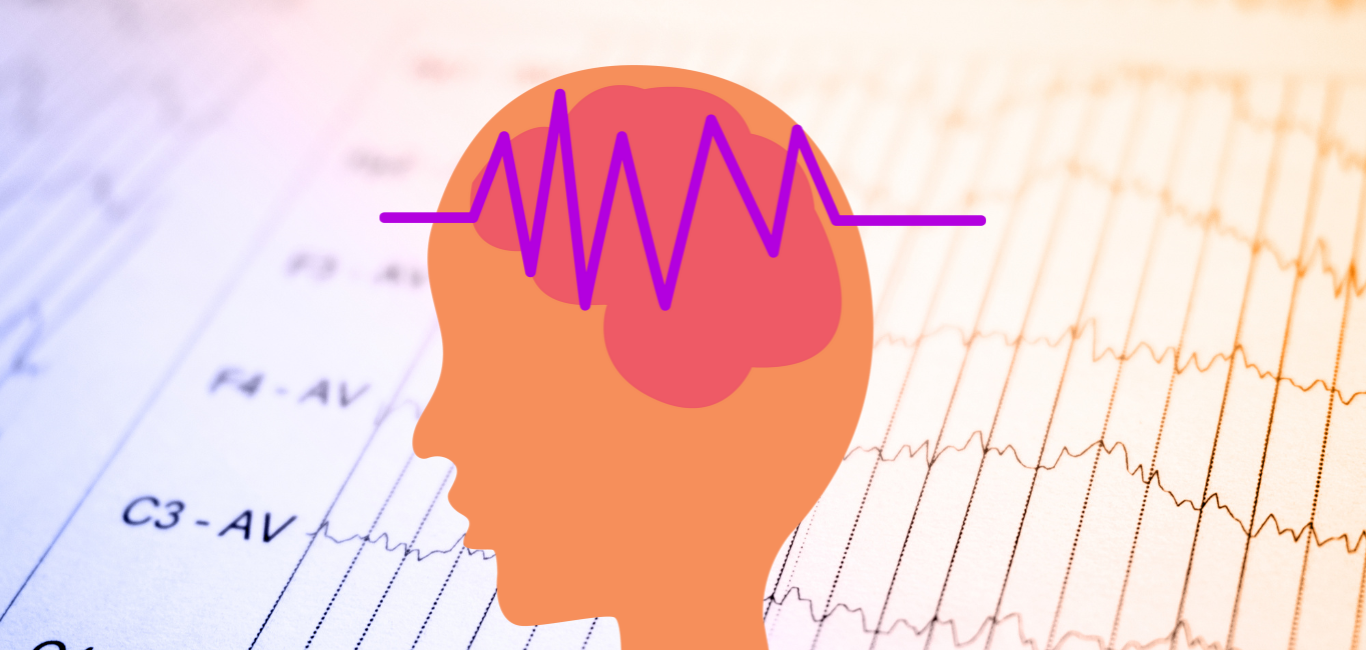A seizure is like a short circuit in the brain; there is a surge of electrical activity, and the affected person experiences two or more episodes of unprovoked epileptic seizures. During a seizure, the person can show abnormal jerky movements, rolling eyes, and struggle to breathe. They may collapse as the uncontrolled electrical impulses disrupt the communication between the neurons. However, what causes such epileptic seizures is somewhat unclear.
Of what is known, there are 5 different causes that Dr Shabari Girishan, Consultant- Epilepsy & Functional Neurosurgeon at Ramaiah Memorial Hospital, Bengaluru, enlisted below that trigger these short circuits in the brain.
1. Genetic epilepsy
“Epilepsy can run in the family,” says Dr Girishan. However, he adds that not all types of epilepsy are genetic. Sometimes, specific genes undergo mutations during various stages in life, which can increase the chance of developing epilepsy.

2. Metabolic epilepsy
When the body cannot metabolise food properly due to inherent errors in the gene involved in metabolism, nutrients are deprived to the body and the brain. In addition, incomplete metabolism causes toxins to accumulate, which affects brain functioning. Recent studies have shown that gut microbes also influence the status of epilepsy. Some secretions from gut-unfriendly bacteria can provoke epileptic seizures.

3. Developmental epilepsy
Seizures can also arise due to developmental defects, that is abnormalities in movement and wiring of neurons during the early stage of brain development (cortical dysplasia). Sometimes, during or right after birth, when oxygen supply is scarce to the baby’s brain (perinatal hypoxia), it could result in epileptic seizures.

4. Traumatic epilepsy
Head injuries during road accidents or concussions and violent injuries to the brain due to contact sports could cause epileptic seizures.

5. Structural epilepsy
Some cancers, tumorous growths and strokes could lead to structural changes in the brain. The result is damage to the surrounding neurons, leading to uncontrolled seizures.

Seeking immediate medical help when seizures do not subside in a few minutes goes a long way in controlling epilepsy. Doctors will thoroughly evaluate the causes of the seizures and advise prompt treatment options to manage epilepsy.
Watch this video where Dr Girishan explains more about epilepsy.
You can also read about drug-resistant epilepsy.

















